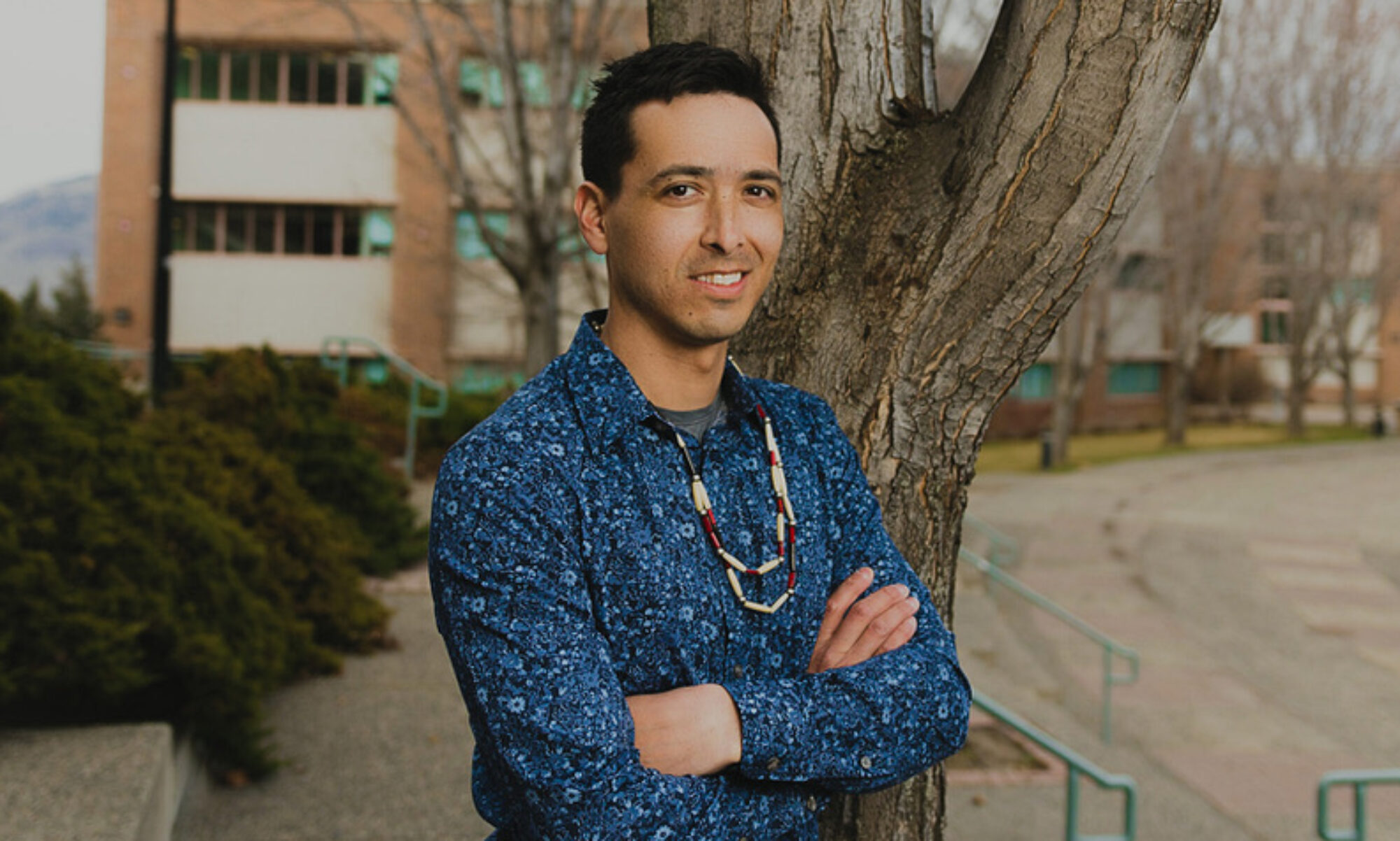Throughout my life I have experienced a lot of prejudices and exclusion. My mother is Indigenous, and my father is Greek, and Ukrainian. I never felt like I really fit into either the Indigenous or non-Indigenous world; but my skin is brown, so my decision was made for me by my peers. I learned early on that school was not a safe place for someone like me to be; however, it is those very experiences that have shaped who I am today and why I want to become an educator. It is abhorrent to me that we can still send kids to a place that they do not feel safe, accepted, seen, heard, and nurtured. I believe that we need equity, which is all of those things, not just one or two.
I believe that equity is more than just accepting something. It is more than just accepting the fact that Indigenous people still suffer. It is more than just accepting that people may want to identify as another gender. It is more than just accepting that there ARE more than two genders. It is more than just accepting that it is unacceptable to tell a young lady how she must dress in class. Equity is about DOING. Equity is an action word. Equity is nurture. Equity is decolonizing the curriculum and transforming it to provide ample representation for all students. Equity is safe spaces. Equity is waking up every morning and deciding that we can learn more about our students and their history. Equity is ACTUALLY doing more, not just knowing that we can do more.
I believe that equity breeds inclusion; meaningful inclusion. The type of inclusion that dismantles heteronormative imagery like “boys” and “girls” bathroom signage. The type of inclusion that proudly flies the flag of Secwepemcul’ecw beside the Canadian flag. Together, side by side. Not one above the other. This is the type of equity and inclusion that I will be taking into my classroom. I pledge to ALWAYS learn how to pronounce children’s names properly. I pledge to work to make them feel proud of the name that they were given, and I pledge to make Canada a welcoming place where we can all heal and live up to our own potential. I pledge to acknowledge all ways of knowing and being; and, accept them as being perfectly valid.
In my practice I will be structuring my units to meet the four cornerstones within the “Circle of Courage”, which are; belonging, mastery, independence, and generosity. My selected literature will focus on more than just the classics. We need oral stories, we need to read Indigenous literature, we need LGBTQ2S+ stories, we need stories about the discrimination AND the strength of woman. I plan on weaving storytelling and community throughout my practice. That to me is creating meaningful content that students can see themselves in. When students can see themselves in the things that they learn they can experience it. And experience, is where students retain knowledge. My assessment practice will be informed by the UDL and DI experiences that I am creating for my students. Students do not all learn the same, not even from day to day, week to week, or year to year; therefore, my assessment will be fluid. I will employ self-assessment strategies for both myself and my students. We all need to take accountability for our learning, and we all need autonomy to show our learning. I, as a teacher, must be willing to learn from my students. I will be promoting a growth mindset in my practice and my assessment. I expect students to come up short at times, and I expect that if they are given the chance and the support to redo things that they will do better. I also believe that when students know that they are being treated fairly that they will flourish. That, too me, is EDI. That is success, that is equity and inclusion, that is fair and responsible assessment, and that is why I know that I will be the kind of teacher that I really wish that I had growing up.
